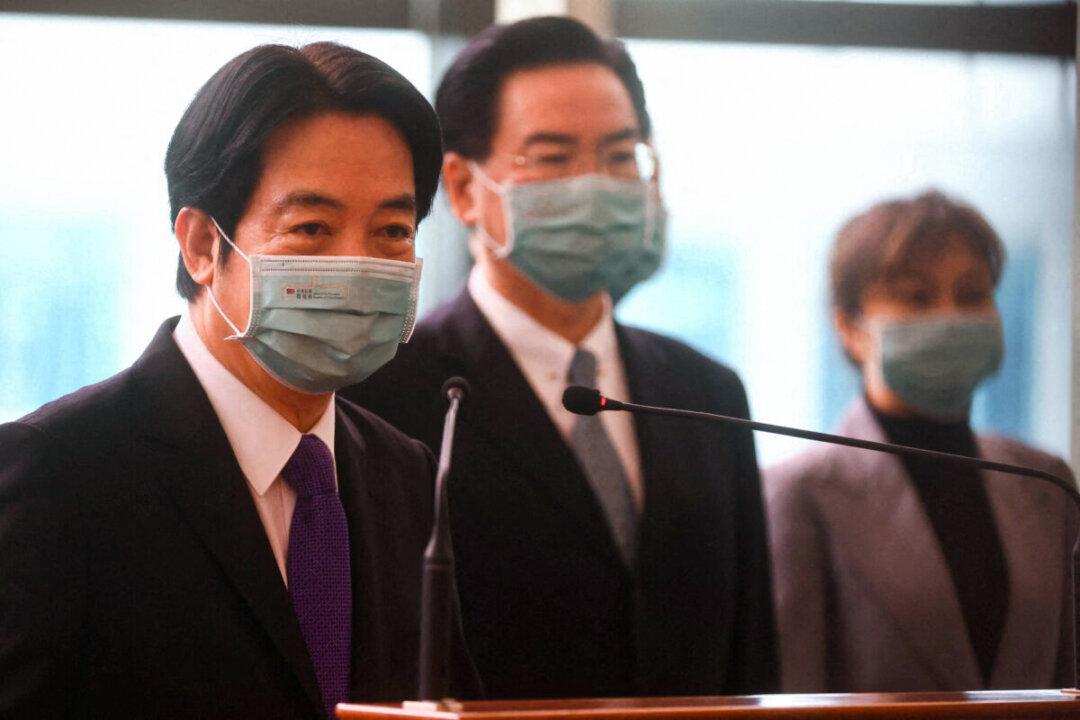TAIPEI, Taiwan—Taiwan’s Vice President William Lai left for Honduras on Jan. 25 amid a possibility that the Central American nation would drop diplomatic ties with the island in favor of the Chinese regime.
Lai is scheduled to attend the inauguration of Honduras’s President-elect Xiomara Castro on Jan. 27. Currently, Honduras is one of Taiwan’s 14 remaining diplomatic allies as Taipei has lost eight allies to Beijing since 2016.





